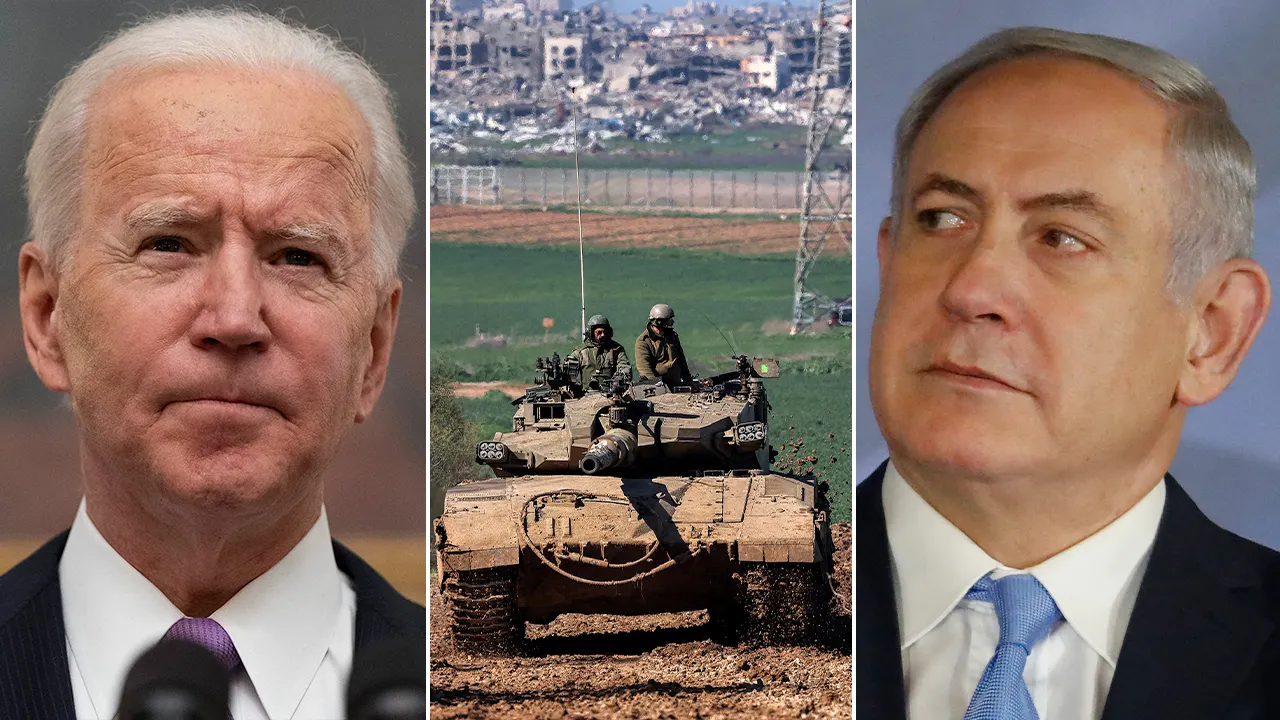UN Security Council Intervention: Biden’s Strategy to Impose Temporary Ceasefire in Israel, Halt Rafah Offensive
According to reports, the Biden administration is bringing its temporary cease-fire goal in the Israel-Hamas war to the U.N. Security Council, proposing a resolution calling for a temporary cease-fire and urging Israel not to enter Rafah in the Gaza Strip.
However, some critics, including former NSC official Richard Goldberg, believe that the U.S. should be vetoing pro-Hamas resolutions instead of proposing them. President Biden has expressed his hope that Israel will not conduct a massive land invasion into Rafah, and the U.S. has stated that a full-scale military operation in Rafah should not proceed until there is a credible and executable plan for ensuring the safety of the more than 1 million people sheltering there.
Meanwhile, Israeli Defense Minister Yoav Gallant has indicated that the decision to invade Rafah will be made by Israel alone. Israeli security cabinet member Benny Gantz has warned that if hostages are not home by Ramadan, the fighting will continue and expand to Rafah.
The U.S. State Department continues to support the two-state solution and opposes policies that endanger its viability. Former Israeli military intelligence colonel Yigal Carmon believes that the seizure of Rafah will significantly limit the war.
In the ongoing Israel-Hamas conflict, the United States has taken a proactive stance by proposing a temporary cease-fire resolution to the UN Security Council. This resolution aims to halt the violence and bring about a period of calm in the region. However, this move has sparked debate and criticism from various quarters.
Former NSC official Richard Goldberg and other critics argue that instead of proposing resolutions perceived as supportive of Hamas, the US should be vetoing such resolutions. They believe that this would send a stronger message against terrorism and support for violent actions.
President Biden has voiced his hope that Israel will refrain from launching a large-scale invasion into Rafah, a city in the Gaza Strip. The US has emphasized the need for a credible plan to ensure the safety of over a million people seeking shelter in Rafah before any military operation proceeds.
Israeli Defense Minister Yoav Gallant has asserted that the decision to invade Rafah rests solely with Israel. However, Israeli security cabinet member Benny Gantz has issued a warning, stating that if hostages are not released by Ramadan, the conflict may escalate, potentially expanding to Rafah.
The US State Department remains committed to the two-state solution and opposes any actions that jeopardize its feasibility. This stance aligns with efforts to achieve a lasting peace agreement between Israel and Palestine.
Former Israeli military intelligence colonel Yigal Carmon believes that seizing control of Rafah could have significant strategic implications for the conflict. This suggests that the outcome of events in Rafah could shape the trajectory of the broader conflict between Israel and Hamas.
As the situation continues to evolve, diplomatic efforts and strategic decisions will play a crucial role in determining the path forward for all parties involved.

